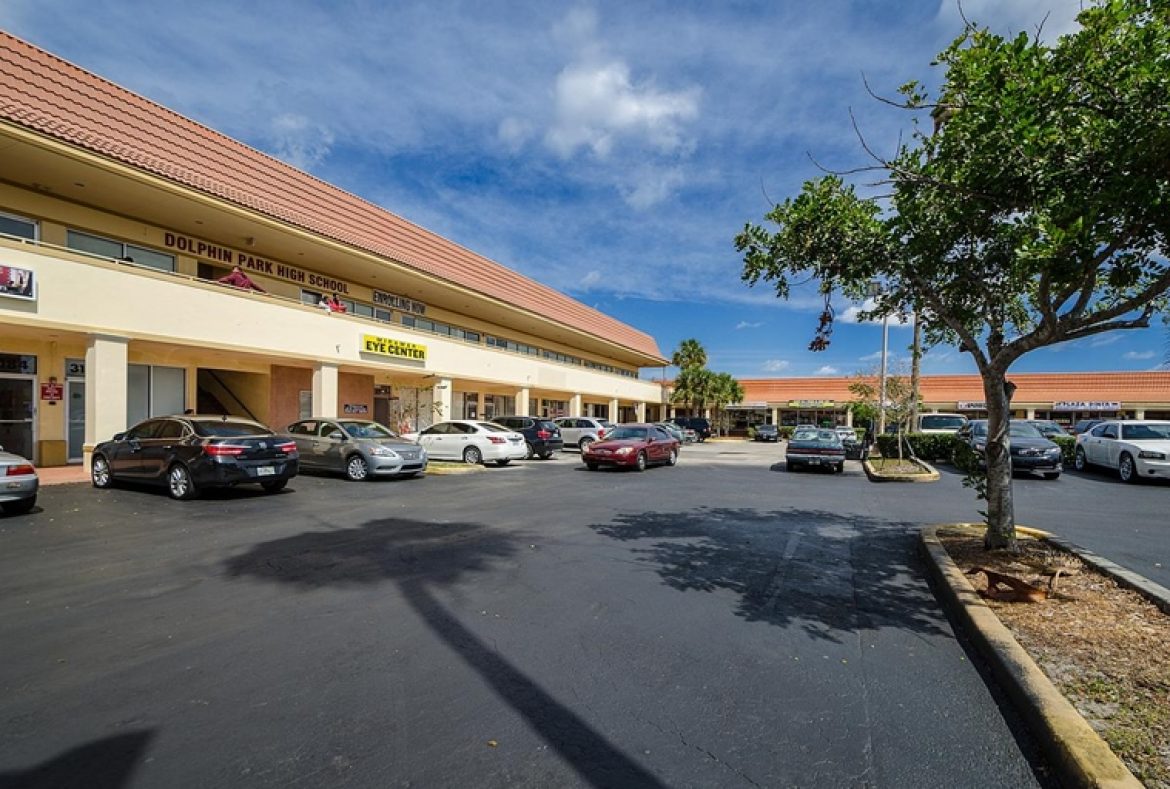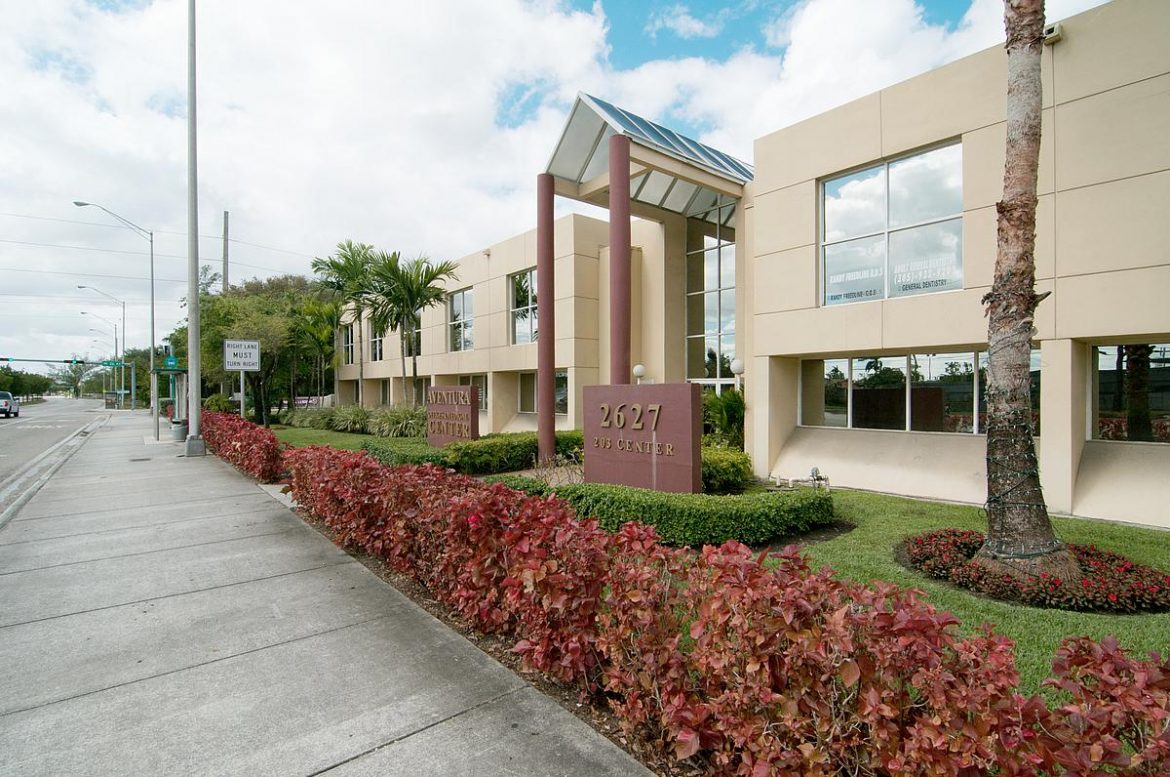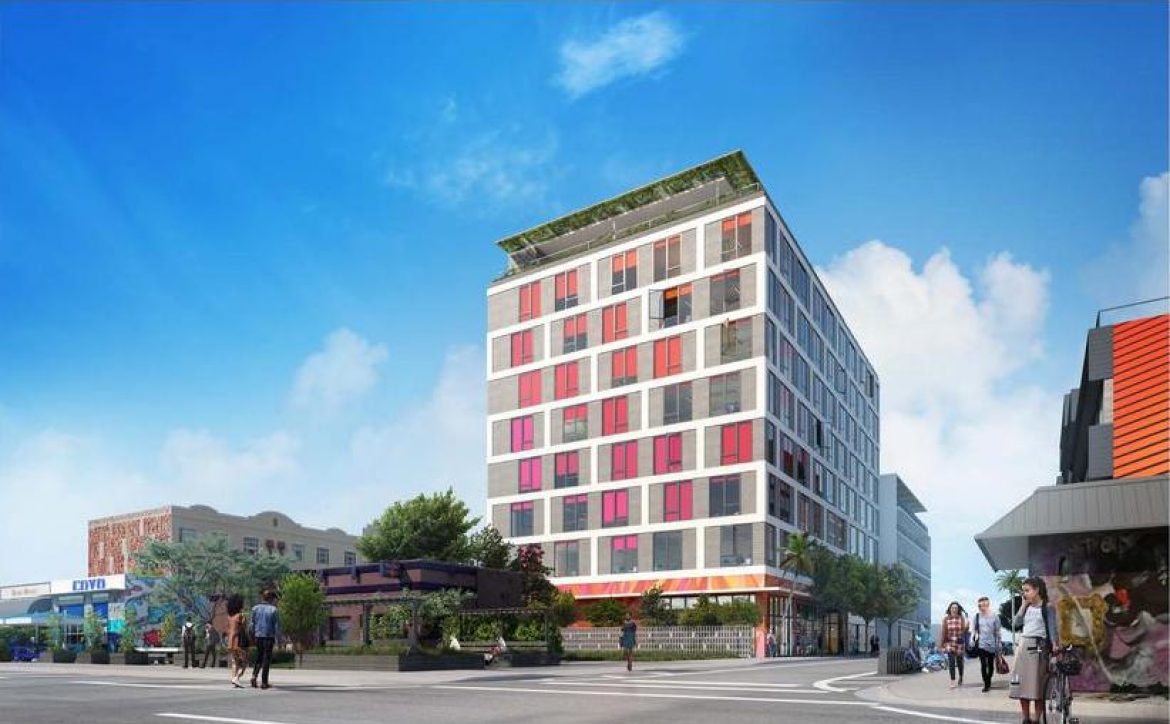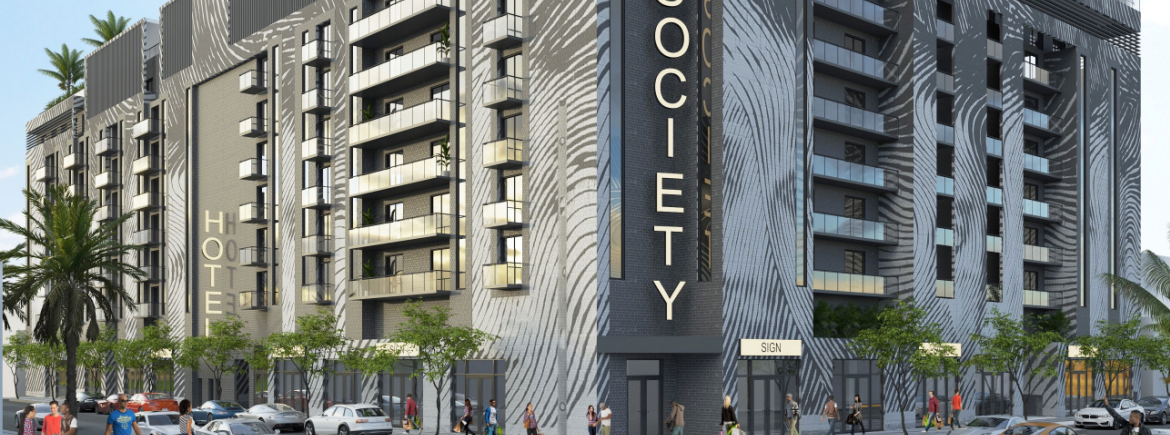
Fabel Miami, a new open-air rooftop restaurant and lounge by owner Matthew Rosenberg and his award-winning architecture firm, M-Rad, is now open at Wynwood Jungle, the experiential dining and retail destination transformed by Black Lion’s Robert Rivani. The immersive restaurant, named to provide guests a place to create their own enchanted fairytale, is set to redefine the hospitality industry.
“Fabel is the pinnacle and final piece of our vision to transform Wynwood Jungle into the hottest immersive destination in the area,” said Robert Rivani, president of Black Lion. “The vibe is magical and we are proud to have brought in world-class brands and experiences to the area.”
The 254-seat venue is set across 10,000 square feet of a secured open-air, covered rooftop. From custom handmade furniture, lighting, and plateware, to a custom fragrance made to remind us of our childhood, Fabel is a designer’s dream through and through. The details extend to the custom uniforms designed in partnership with Caravana – the Tulum-based fashion house found at Scorpios in Mykonos, St. Tropez, Ibiza, Tulum, and Bodrum. Covered patio seating and three levels of terrace seating surround the central DJ booth with private cabanas framing the venue. The restaurant will also include a 22-seat travertine stone U-bar and stepped seating around the DJ booth. Fabel will blend high-energy dining with the sophistication of high-touch service to create the ideal evening destination.
“We are thrilled to be launching Fabel in Miami and in the heart of one of the most progressive neighborhoods in the country,” said Matthew Rosenberg, owner of Fabel Miami and Principal of M-Rad. “Fabel is a destination where we encourage our guests to experience world-class service and cuisine, while simultaneously exploring all five senses across every touchpoint of the restaurant.”
The Mediterranean-rooted menu takes cues from the team’s travels around the globe while Executive Chef Ian Fleischmann presents the dishes in a provocative and engaging way. Guests will indulge in signature dips of Fabel Hummus, Muhammara, and Aroa’s Labneh with Aleppo Chili Crisp. Shared plates like the 45-Day Dry Aged Porterhouse with Adjika and Iranian Oregano, Whole Roasted Heritage Chicken with Taouk Spice, and Salt Crusted Dorade with Kaffir Lime and Lemongrass seduce guests to interact both with the dishes and each other. While the night is sure to keep going after dessert, it’s a must to conclude the dining portion of the evening, The Guanaja Chocolate Custard brings together saffron, olive oil, and vanilla crème fraiche in a way that keeps you digging for more while the Tahini Chocolate Chip Cookie melts in your mouth – make sure you pair it with Fabel’s own Ras el Hanout Ice cream! The anticipated restaurant will also include a top-tier beverage and wine program curated by Master Sommelier, Christopher Miller, boasting some of the rarest and most premium wines and unique twists on the most classic spirits.
Black Lion’s Robert Rivani acquired Wynwood Jungle in 2021 and has invested millions of dollars to breathe new life into the property with improvements including artificial florals, a brand new roofdeck and imaginative artwork on the façade, to transform the once struggling center into one of the most iconic and unique immersive retail and dining experiences in South Florida, with tenants including The Salty Donut, Osme, OhRaw, 3 Social, Edite Mode, and a soon to be announced 7,000-square-foot Restaurant and Bar.
Fabel Miami will open for dinner service Wednesday through Sunday beginning at 6 p.m. and going until the last dance ends. Fabel is located on the second floor of Wynwood Jungle at 50 NW 24 St.




 In 2019 the county had a record 86,066 applicants for a business tax identification number, up a half percent from 85,618 in 2018. But in 2020, applications soared to 107,093, up more than 24%. Then came a far larger jump in 2021, to 135,710, an increase of nearly 27%. Last year’s application total was, in fact, more than two-and-a-half times the level hit as recently as 2009.
In 2019 the county had a record 86,066 applicants for a business tax identification number, up a half percent from 85,618 in 2018. But in 2020, applications soared to 107,093, up more than 24%. Then came a far larger jump in 2021, to 135,710, an increase of nearly 27%. Last year’s application total was, in fact, more than two-and-a-half times the level hit as recently as 2009.